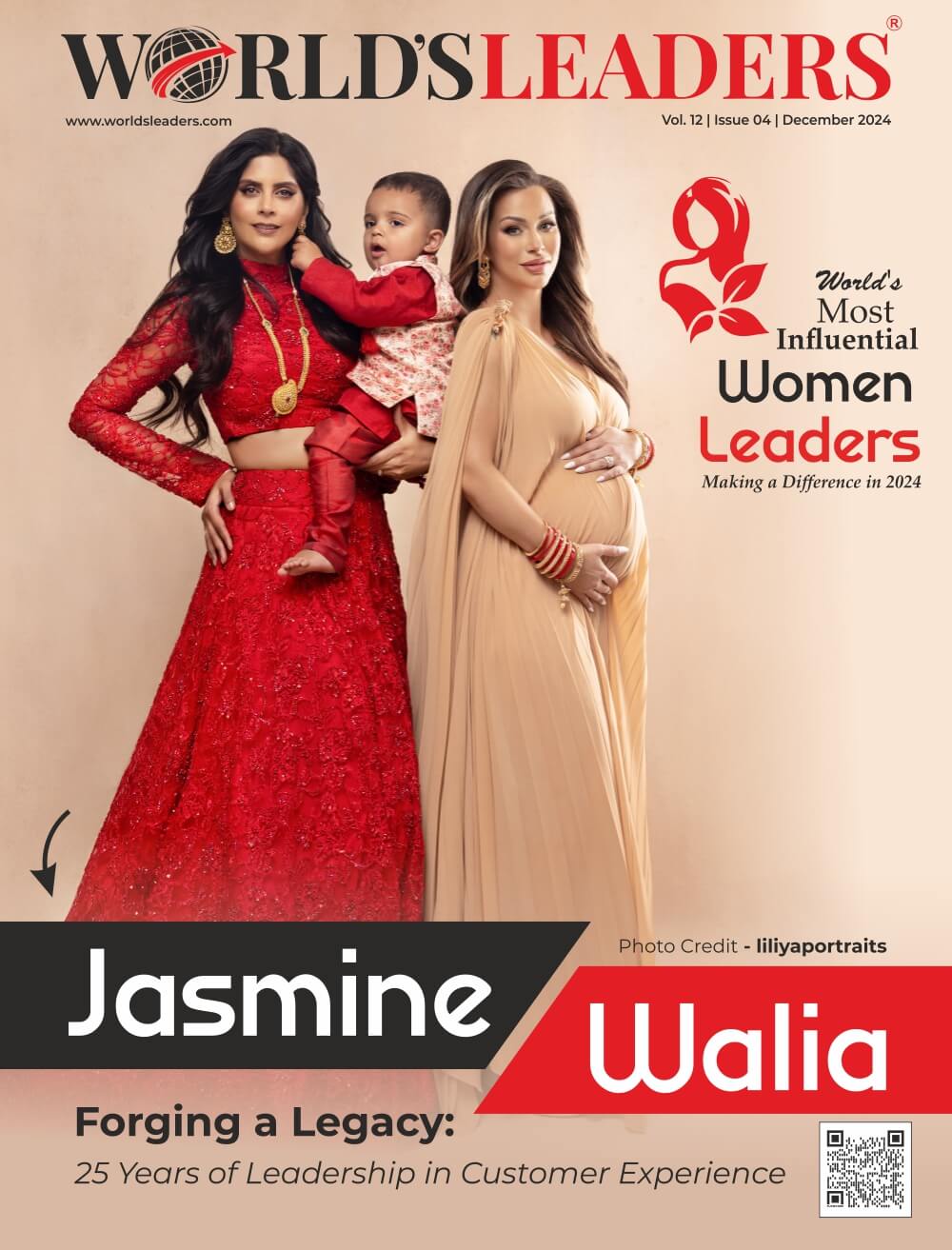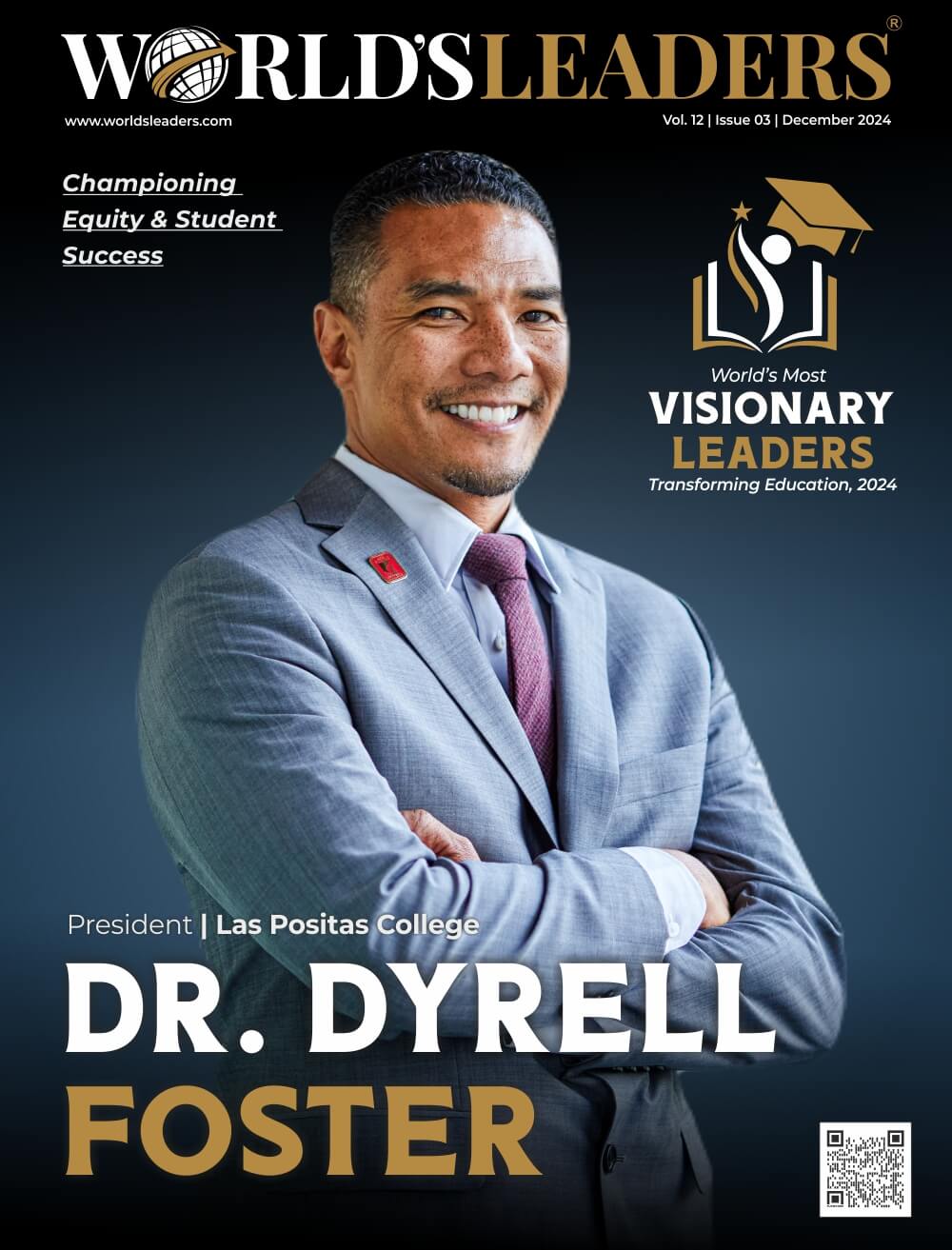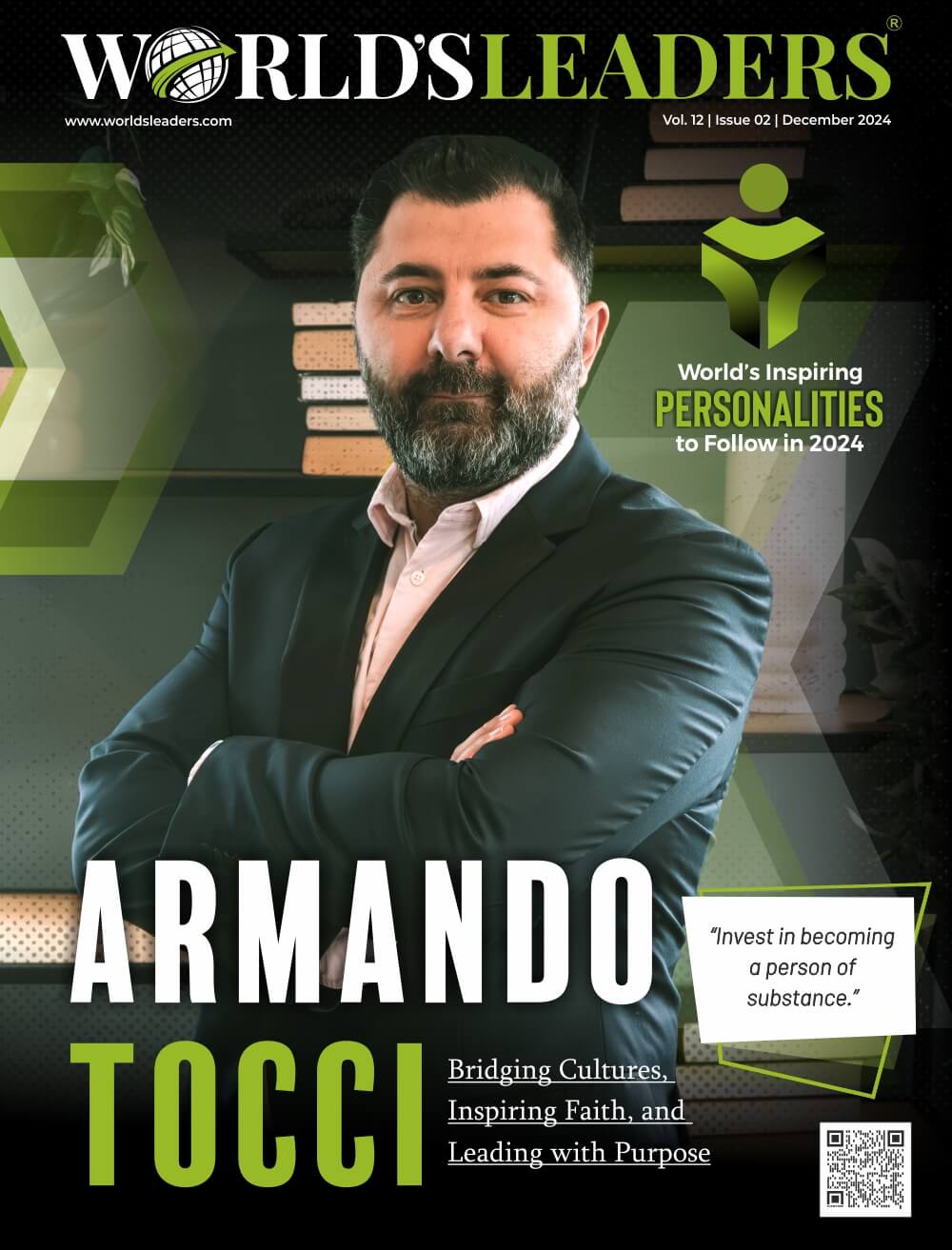NextFuel AB’s Chief Marketing Officer is Audun Sommerli Time, who introduced a groundbreaking CO2 negative fuel at the COP24, which can be used as a direct substitute for fossil fuels in current energy infrastructure.
Before joining NextFuel, Audun spent a decade at Geelmuyden Kiese, the largest PR agency in Scandinavia, where he was recognized with the 2013 SABRE Gold award for his exceptional PR campaign in Europe. With a background in Norwegian politics and a stint at the pro-bono consultancy Prospera, Audun holds a Master’s degree from The Norwegian School of Economics.
Below are the highlights of the interview conducted between World’s Leaders and Audun Sommerli Time:
Describe who you are as a person, inside and outside of the workplace.
I am always very result-driven, no matter if it is sports, politics, or work, and I also have a high level of passion for the issues I care about. After being part of a North Pole expedition back in 2010, I could see in real time that climate change is for real and that we don’t have much time to solve this issue. My passion for combating climate change, as well as NextFuel’s potential to solve the climate crisis faster than traditional renewable energy technologies, were the primary reasons I joined this project to assist them in their success.
Describe your background and what did you do before you started/joined the company?
After business school, I worked for 10 years at the largest PR agency in Scandinavia, Geelmuyden. Kiese has run lobbying and marketing campaigns for Fortune 500 companies, governments, and start-ups. During my time there, I climbed the whole company ladder from junior to senior, won several awards, was often featured as a PR-expert in the media, and worked on some of the most high-profile PR cases in my country. But I was also introduced to many exciting startups that were operating “under the radar,” and this is how I first became acquainted with the consortium of key people from Sweden, Norway, and Austria who later founded NextFuel.
Tell us about the inception of the company. How did it all start?
NextFuel was founded in late 2016 to commercialize a technological breakthrough made by an industrial consortium, with Andritz and the EU/Austrian state funding the majority of the R&D. They needed someone with marketing experience to explain a complex new torrefaction technology to the general public, so I joined the company full-time as one of the five co-founders. After the final development was completed in secret, we launched our breakthrough at the COP24 climate summit in December 2018, and started taking on our first test sample clients. Earlier this year, our first large project was fully financed, and we are now working on implementing it.
What has made you successful? What do you value?
The key to succeed in marketing is creativity and a hunger for delivering results, but you also need to be able to work smoothly with the rest of the organization. In NextFuel we have some of the top engineers in our field, experienced energy executives, and successful serial entrepreneurs, and we all need to work together to be able to successfully implement projects. To become a market leader, you need to have a leading product. but you must also be able to communicate it in an efficient way so you can sell it globally. So every clean tech company needs a marketing executive if they want to commercialize their product and become large global brands in the future.
Which are the major services of the company and how do they the company to get ahead in the competition? What value-added services does the company provide?
Our new technology is able to transform any type of crop (including grass) into a clean copy of fossil fuels in less than 30 minutes. This new fuels can replace coal directly in exiting energy infrastructure for a fraction of the costs, we can scale much faster than other types of renewable energies, and many of our project can even have a CO2 negative carbon cycle. We named our company NextFuel since we strongly believe we have the potential to be a clean successor to fossil fuels in the future.
What are the most important aspects of a company’s culture? What principles do you believe in and how do you build this culture?
“Underpromise, overdeliver,” and “one step at a time.” Although we have very bold long term visions, we always have margin of safety, and prefer to rather spend time necessary to do things 100% properly, rather than to rush too early to market like many clean techs often do. When we have implemented the first successful showcase projects, it is much easier to use the learning curve effect to increase the speed of our project implementation time, increase global capacity, and start doing more marketing.
What is the significance of innovative ideas in the company?
Our whole business is based on innovations. We don’t accept the status quo. We want to disrupt the global energy industry and give mankind a real shot at fighting climate change before the ice starts melting. Remember, all global challenges in history have been solved by new innovations funded by risk capital. If we succeed with our business plans, then the world has a possibility of reaching the 1.5 degree target in the Paris agreement sooner.
Give us your opinion on; do organizations rely heavily on individual heroics or team processes?
Both. Our management and technical team has been able to take the company very far with very few people, but we have reached a milestone where we need to scale up and increase the size of our team to take the company to the next level.
What are your responsibilities as the co-founder/CMO of the company? What is the happiest part of your daily routine?
Everything you do as a CMO is basically done to help your company sell the product, not just in the short term, but also in the long term. The most enjoyable part of my day is the dialogue with new incoming clients. Since we launched our product, we have been contacted on a weekly basis by different types of companies all around the world interested in doing future projects together with us. It is always interesting to work with people across other continents who have bold ambitions to make the world a better place. Hopefully we are soon able to scale up, so we can take on more clients and implement more projects with many of them.
What advice would you give someone going into a leadership position for the first time?
To succeed as a new CMO, you need to be patient, learn to listen to the rest of the organization, and always use your budget carefully rather than be tempted to take shortcuts, go big too fast, or rush your product to market too early. This ensures that logistics can keep up with demand and that quality is always top notch, allowing you to increase customer satisfaction and sales in the long run.





